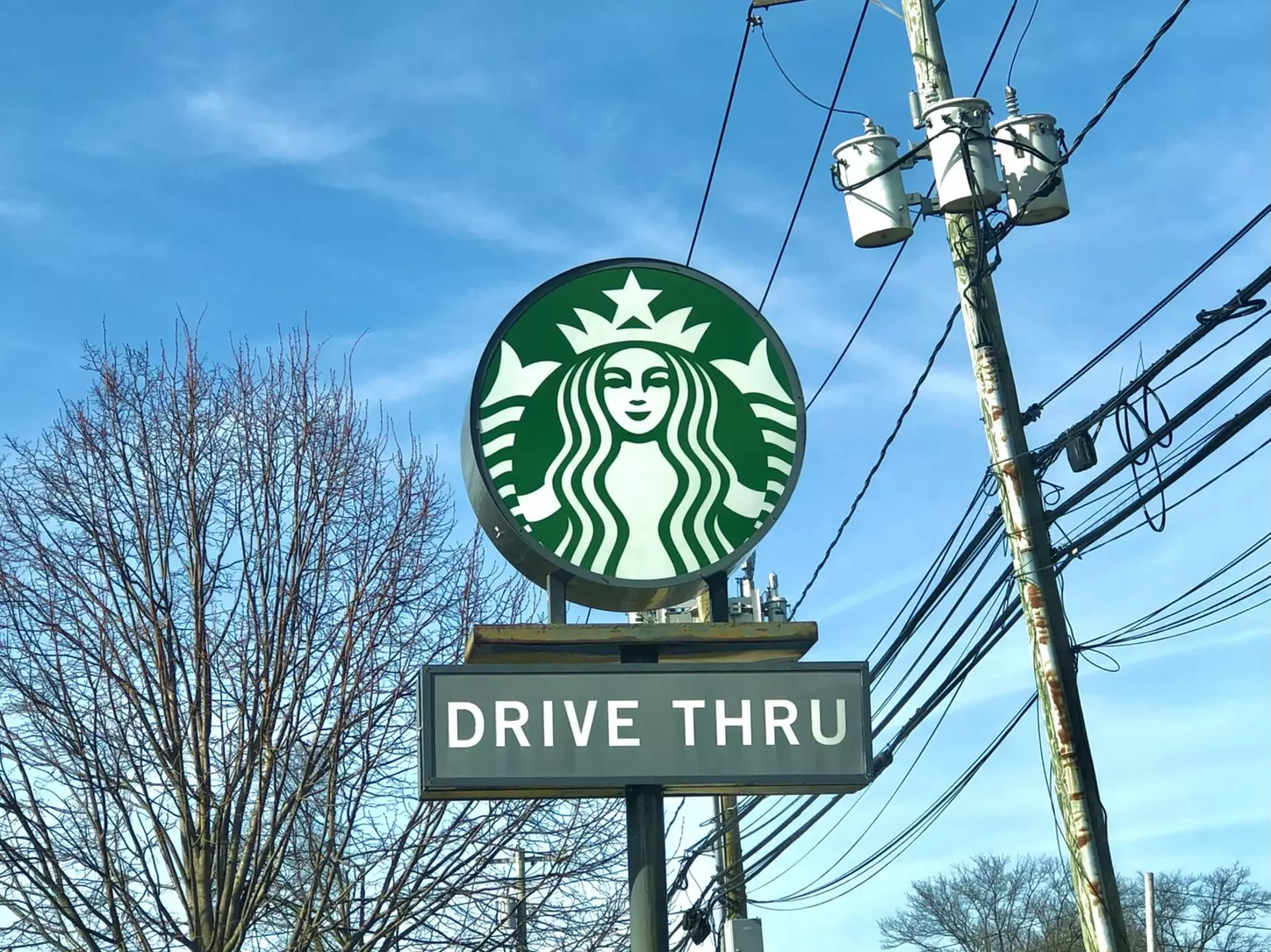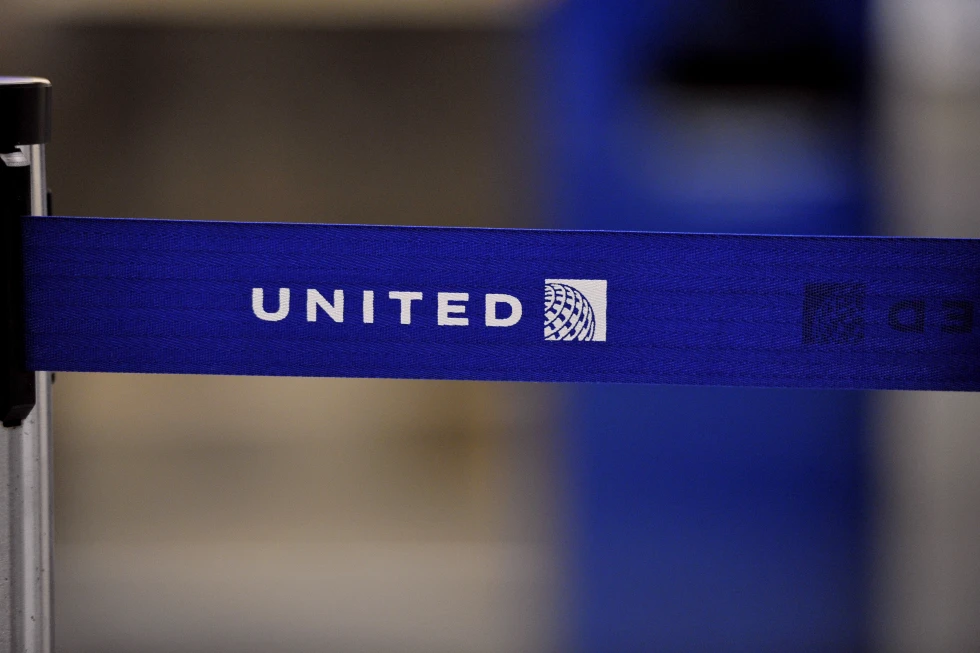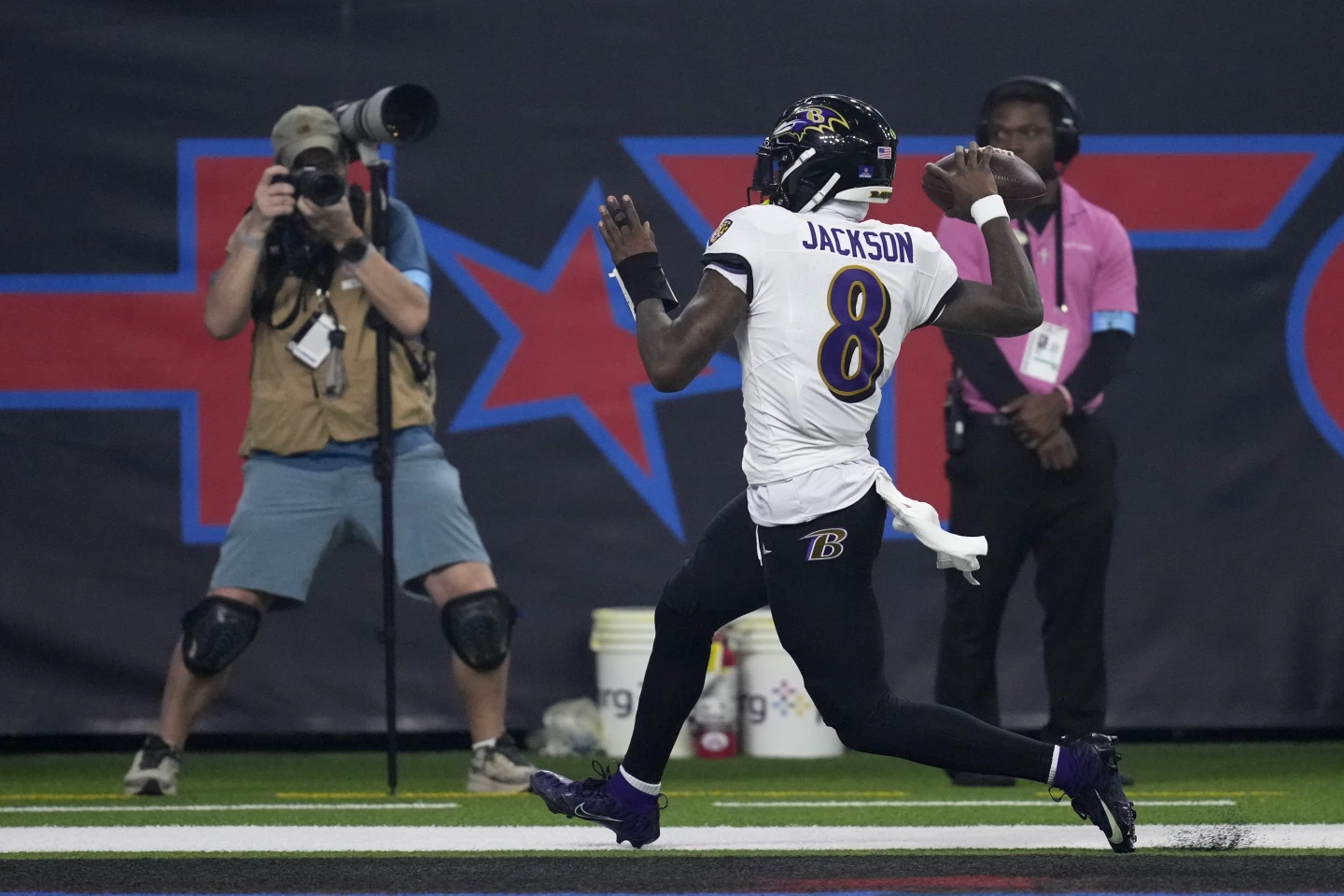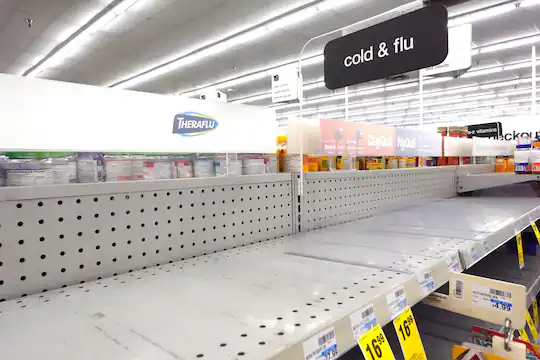As the holiday season approaches and gatherings and travel increase, public health experts are expressing concern about the relatively low uptake of seasonal vaccines in the US, the Washington Post reports.
Experts worry that the unenthusiastic embrace of vaccines could lead to outbreaks and an increase in hospitalizations due to respiratory illnesses such as COVID-19, the flu, and RSV (respiratory syncytial virus), which typically peak during the colder months.
As of November 2024, vaccination rates remain low for all three illnesses. About 37 percent of adults aged 18 and older have received the flu vaccine, while only 19 percent have received the updated COVID-19 vaccine. Vaccination against RSV is more common among older adults, with 40 percent of individuals aged 75 and older receiving the shot. These rates are similar to those from the previous year, highlighting a continued challenge in increasing vaccine uptake.
The hesitancy toward vaccinations has been attributed to several factors, including widespread misinformation, mixed messaging, and lingering mistrust in public health guidance. A survey conducted by the Annenberg Public Policy Center found that belief in the safety of the COVID-19 vaccine has decreased, with a significant increase in the number of people who think it is safer to contract the virus than to get vaccinated. This mistrust is compounded by a broader sense of skepticism towards science, particularly following the mixed responses to pandemic-related public health measures.
For children, 33 percent have received the flu vaccine, while only 9 percent have been vaccinated against COVID-19. To protect infants from RSV, vaccination during pregnancy is recommended, and monoclonal antibody treatments are advised for babies younger than eight months entering their first RSV season.
Vaccine hesitancy is not a new phenomenon, but the COVID-19 pandemic has amplified it. Experts like Andrew Stanley Pekosz, a microbiologist at Johns Hopkins University, point out that many people are hesitant, not necessarily anti-vaccine, but uncertain about what to believe. The overload of information and differing viewpoints can lead individuals to avoid vaccination altogether, leaving them unprotected as the holiday season approaches.
One of the key public health challenges is addressing vaccine hesitancy, which not only affects COVID-19 vaccination efforts but has also contributed to slower uptake of other vaccines, including those for the flu and RSV. While the flu vaccine is widely available and effective, experts emphasize that more people need to get vaccinated, particularly those at higher risk of severe illness, such as older adults and those with underlying health conditions.
Public health officials had hoped that extensive public education campaigns, like the “We Can Do This” initiative, would help reverse trends in vaccine reluctance. However, as these campaigns have waned, the responsibility has shifted to healthcare providers to encourage vaccination. Despite the challenges, experts remain optimistic that increased awareness and clear communication can help boost vaccination rates, reducing the risk of a surge in respiratory illnesses during the holidays.
In addition to flu and COVID-19 vaccines, RSV vaccination, which was first approved for adults in 2023, remains a priority. The vaccine is recommended for individuals aged 75 and older and for those between 60 and 74 who are at higher risk for severe disease. However, uptake of the RSV vaccine has been slower compared to the flu vaccine, and experts continue to push for higher vaccination rates to protect vulnerable populations.









